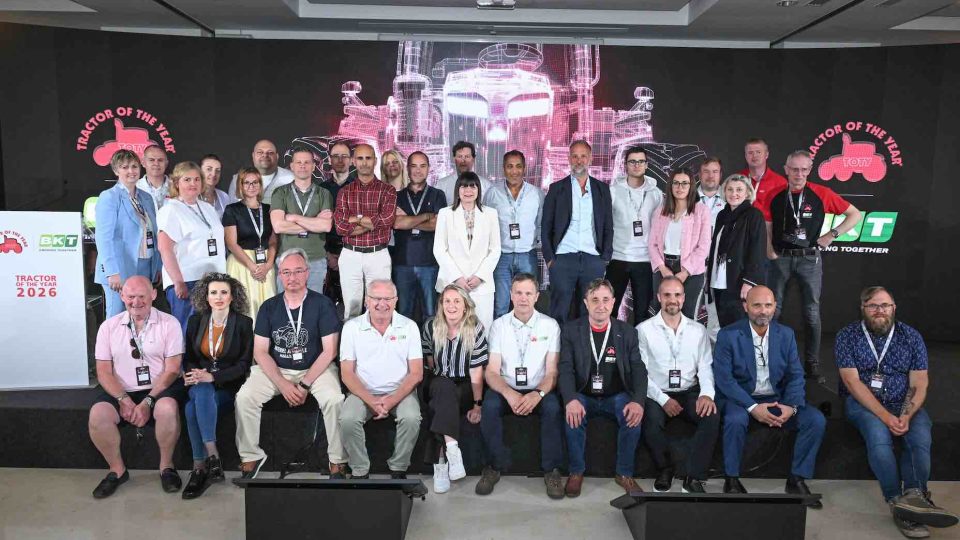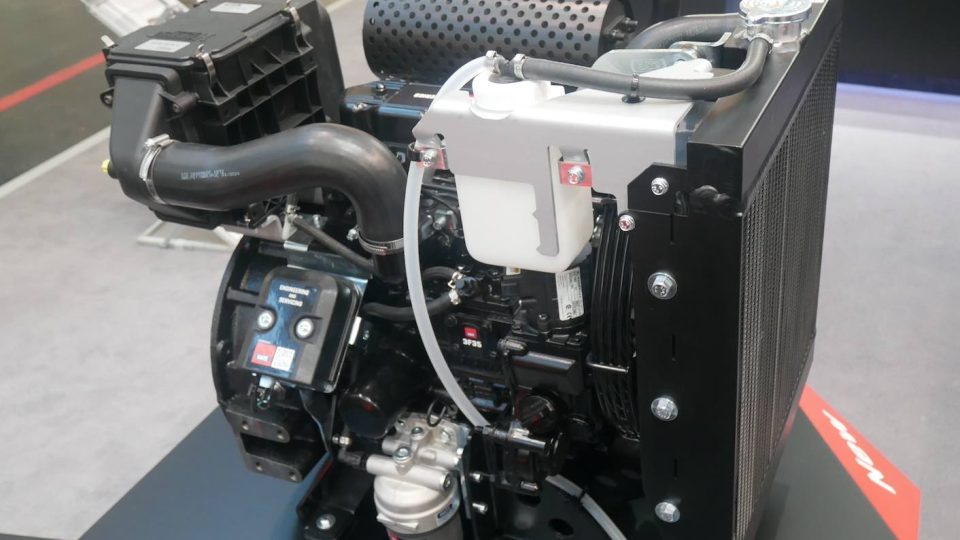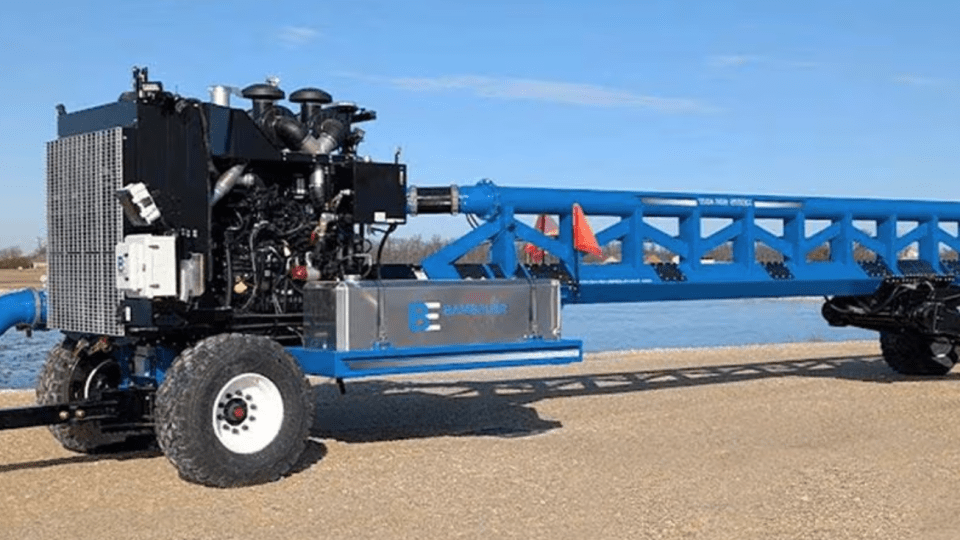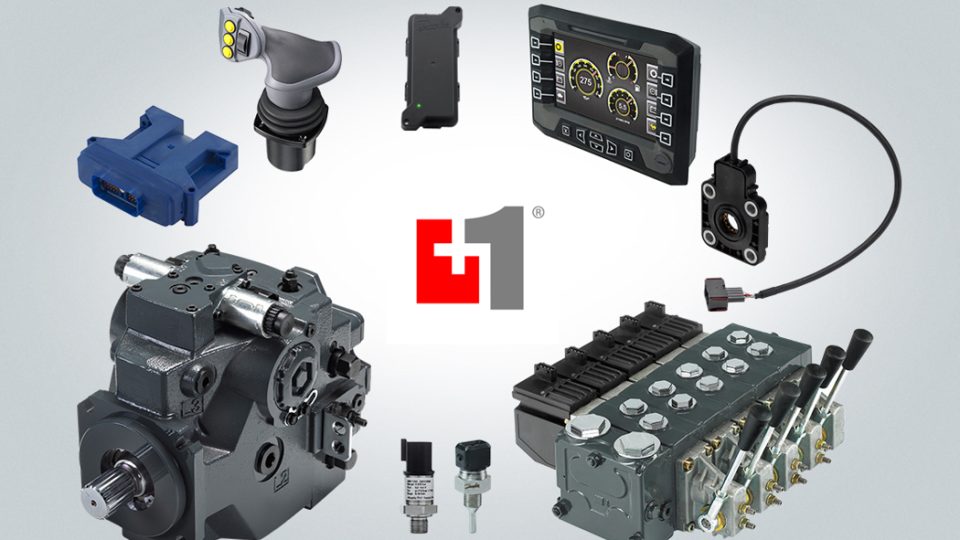TAFE goes to Stage V, with AGCO and Mitsubishi
TAFE (Tractors and Farm Equipment Limited) is the world's third largest tractor manufacturer and comes with a Stage V range powered by AGCO and the 3-cylinder Mitsubishi
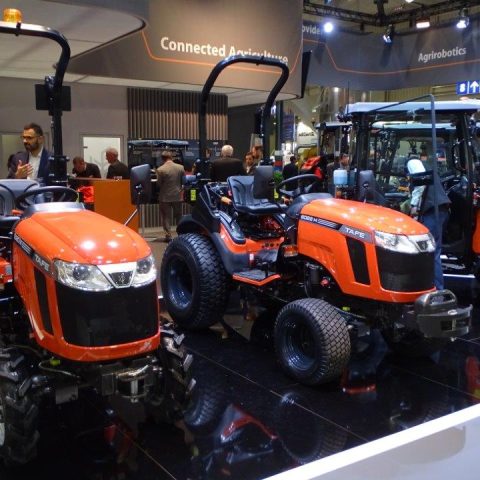
The Indian company TAFE (Tractors and farm Equipment Limited), the world’s third largest tractor manufacturer by volume and the second largest in India behind only Mahindra, did not escape our attention at Agritechnica Hannover.
TAFE is raising. Quickly
At the head of the company is Mallika Srinivasan, a woman with innate entrepreneurial skills. Since 1985, the year she joined the company founded by her father twenty-five years earlier, TAFE’s turnover has risen from $70 million to over $1.6 billion) and she is known for her rise in AGCO, where she sits on the board as well as being the largest shareholder in the American corporation. The link between Tafe and AGCO relates to the Massey Ferguson brand for which the Indian company assembles tractors up to 55.2 kW (75 hp) which, in addition to being sold locally, are fed by AGCO into its global distribution network for the African and South American markets. These Stage V engines are produced in India on the basis of the Tier 4 Final units fitted to Massey Ferguson, while Mitsubishi 3-cylinders are fitted to the compact range.
In the words of Massimo Ribaldone, President Business Development of TAFE
Massimo Ribaldone (photo below), a life spent at the top of engineering at SAME Deutz-Fahr, talks to us in his new professional livery. “TAFE makes about 200,000 tractors a year, managing the Massey Ferguson and Eicher brands in India, a historic German brand taken over in 2005. Most of the vehicles are sold in the Indian and Asian markets, with an important presence also in Africa. Europe is therefore part of the company’s expansion and globalisation plan. The approach is definitely not ‘hit and run’ but it is a well thought-out and planned strategy. This is confirmed by the construction last year of the new R&D centre in Telford, UK, where a team of engineers from all over the world work, focused on the development of advanced products for the European markets. The company’s desire is to grow technologically. It should not be forgotten that in India, Massey Ferguson and Eicher products are considered premium products, both in terms of performance and price. The goal is therefore to offer solutions suited to the target markets, which obviously differ depending on the needs of the farmers. By the end of the year, Tafe will be present in the main European countries.”
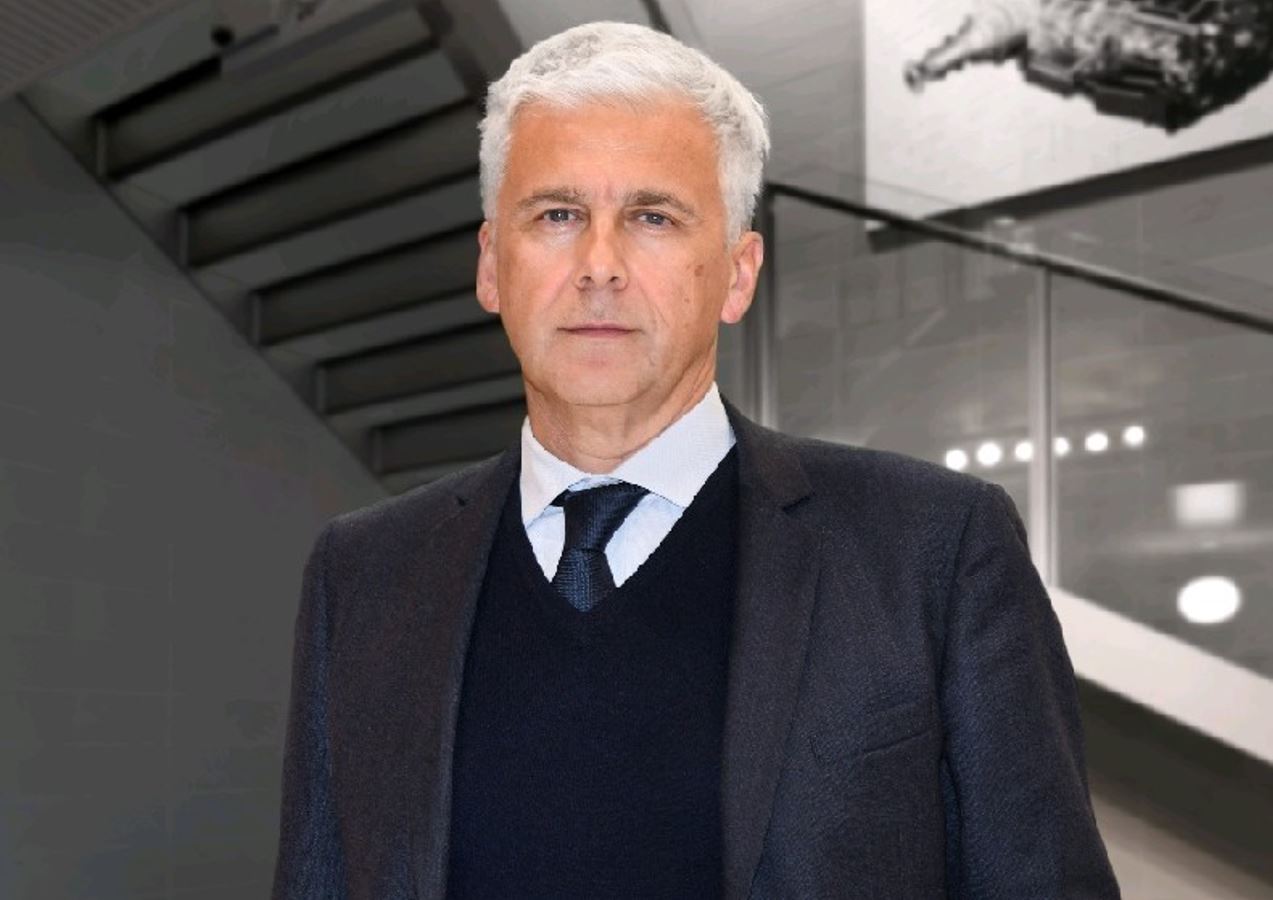
“As regards Europe,” Ribaldone continues, “the three macro areas we are focusing on are electrification, alternative fuels and smart farming, which also includes automation and robotisation. In this regard we already have prototypes of 100% autonomous tractors working in experimental farms. What is now our full electric tractor will soon also be autonomous. We believe that in the future tractors can maintain a crucial role in the agricultural landscape, but they will obviously be compact, versatile and fully automated machines that guarantee multiple operations with different implements.”
“Currently the transmissions are entirely mechanical, the evolution will not involve powershift or CVT, but rather a minimal implementation with hydraulic shuttle and Hi-Lo with a view to moving towards the electrification of the driveline in the near future.”





